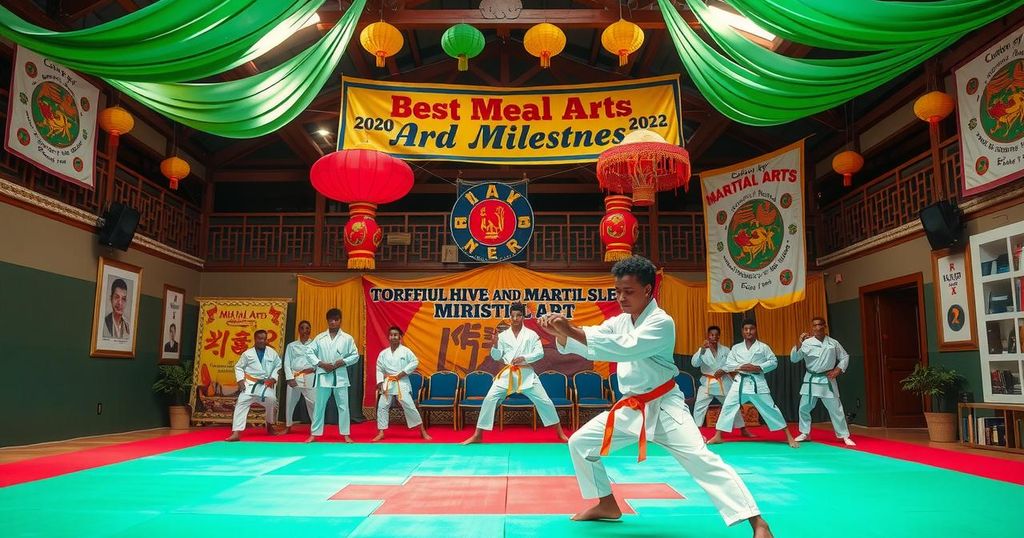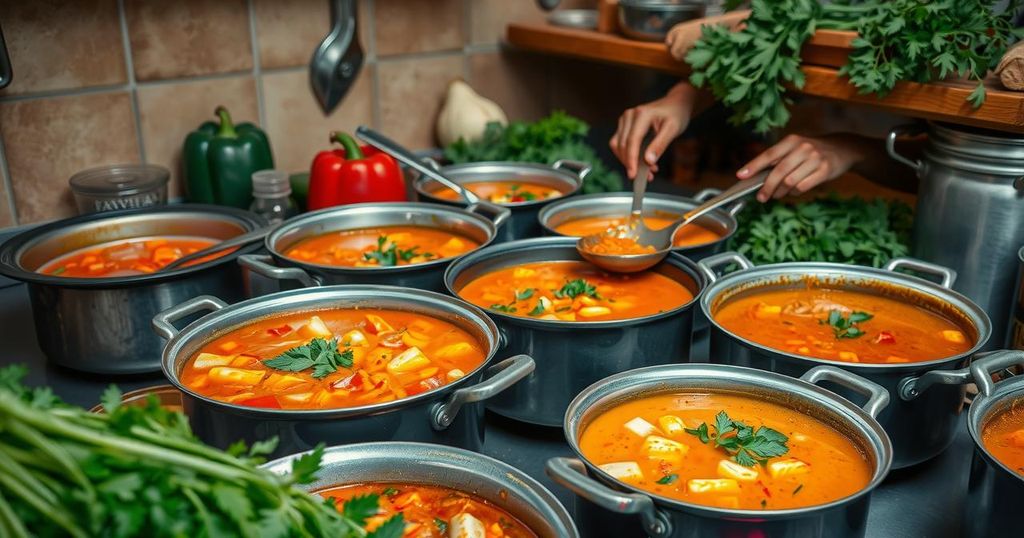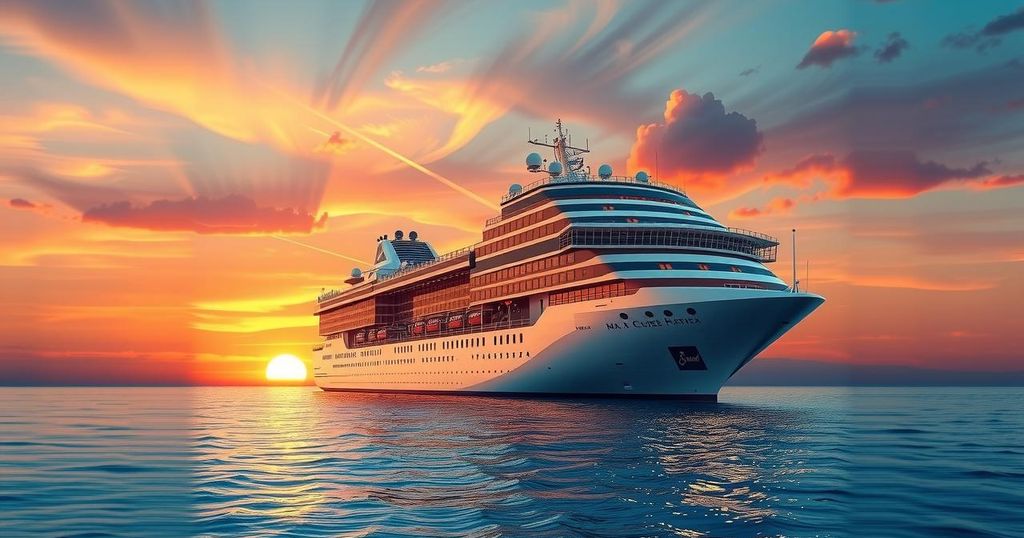Martial Arts Milestones Celebrated as African GOJU Marks 40 Years and Taekwondo Turns 50 in Ghana
Ghana celebrated the 40th anniversary of African GOJU and the 50th of taekwondo last Sunday, gathering martial arts veterans, enthusiasts, and community leaders. The event highlighted the importance of these disciplines for youth empowerment, cultural preservation, and community health. Key figures like Danny Gwira and Hanny Zahabi emphasized the role of martial arts in fostering resilience and discipline among the youth, and called for institutional support to strengthen their place in society.
Last Sunday marked a notable occasion in Ghana’s martial arts history, as two significant anniversaries were celebrated at Beda’s Hotel and Events Centre in Ashongman, Accra. African GOJU proudly acknowledged its 40th year of establishment, while taekwondo, which has garnered popularity in the country, celebrated its 50th anniversary. The festive atmosphere was filled with martial arts veterans, fans, budding enthusiasts, and community leaders, all coming together to pay tribute to the enduring legacies of these martial arts disciplines.
Danny Gwira, the founder of African GOJU, headlined the event. In an exclusive interview with Graphic Sports, he implored Ghanaians to recognize and embrace indigenous martial arts, emphasizing their importance not just for self-defense but as essential means for youth discipline and cultural preservation. Gwira articulated, “African GOJU is a unique system of martial arts involving 50 defensive techniques tailored to a typical African setting. It teaches you to endure, react, and be street-smart.”
Gwira further elaborated on how African GOJU transcends physical training, noting its strong emphasis on environmental awareness and community protection. He described the discipline as a lifestyle deeply rooted in African values, aiming to empower citizens with the mental and physical prowess necessary to fight societal vices.
At the event, the pioneers of Ghana’s martial arts scene were not forgotten. Hanny Zahabi, a key figure in taekwondo’s introduction to Ghana 50 years ago, received a black belt in recognition of his considerable contributions. Reflecting on taekwondo’s development, Zahabi stated, “The sport has come a long way and is now a national pastime in many communities.” He urged practitioners to uphold the core tenets of martial arts—discipline, self-defense, and resilience.
One of the highlights of the day was the spirited performance by over 20 young practitioners aged between 6 and 15, showcasing African GOJU techniques. Their demonstrations captivated the audience and spotlighted the increasing appeal of this indigenous martial art among Ghana’s youth. Each young participant was presented with a certificate of dedication, symbolizing their commitment to carrying on this legacy.
The ceremony also featured prominent personalities from the martial arts community, including Ambassador George Haldane-Lutterodt, a former president of the Ghana Athletics Association and a patron of African GOJU, who chaired the event. Haldane-Lutterodt lauded Gwira for ensuring the discipline remains relevant and urged the community to work toward preserving its future. “Let us ensure African GOJU stands the test of time,” he said, acknowledging those who were honored and fortifying the importance of continuity.
Veteran martial artists Donald Gwira and George Heward-Mills participated in the celebration, lending their experience and gravitas to the occasion. Their involvement encapsulated the event’s purpose: to honor the past while also inspiring the next generation of martial artists in Ghana.
This dual celebration underscored the transformative power of martial arts within Ghanaian communities. With African GOJU deeply rooted in indigenous philosophy and taekwondo recognized globally, both have evolved beyond mere sports; they serve as tools for nation-building. As Gwira’s vision for youth empowerment and cultural integrity echoed throughout the event, a renewed call emerged for institutional support of martial arts in schools, communities, and national domains.
In summary, the celebrations of African GOJU’s 40th and taekwondo’s 50th anniversaries in Ghana spotlighted the importance of martial arts as cultural and community assets. With significant voices like Danny Gwira and Hanny Zahabi emphasizing the need for youth empowerment and cultural preservation, it is clear that these disciplines are not only about sport. They aim to foster resilience, discipline, and community connection, presenting a vision for a culturally rich future. The ongoing call for institutional support highlights the necessity of embedding martial arts into the fabric of Ghanaian society.
Original Source: www.graphic.com.gh




Post Comment